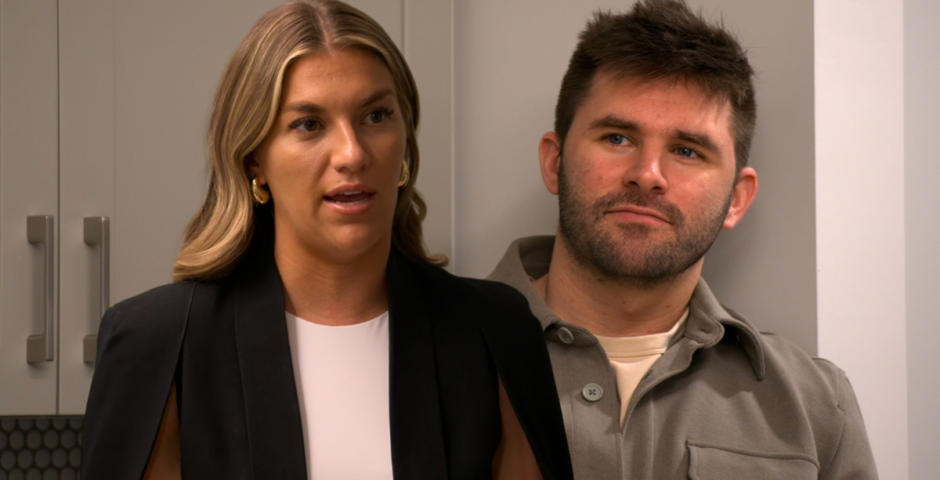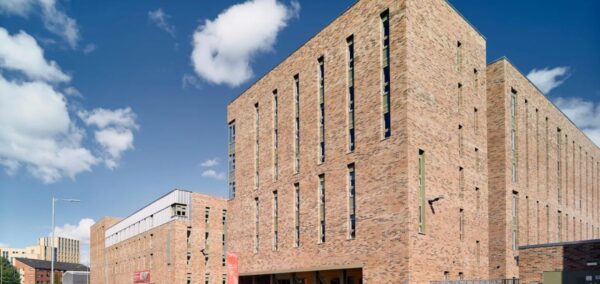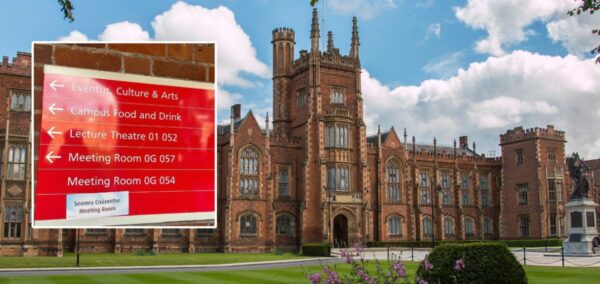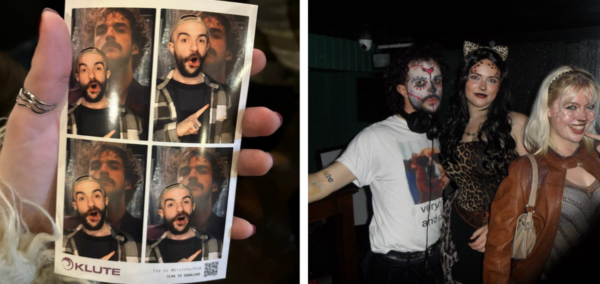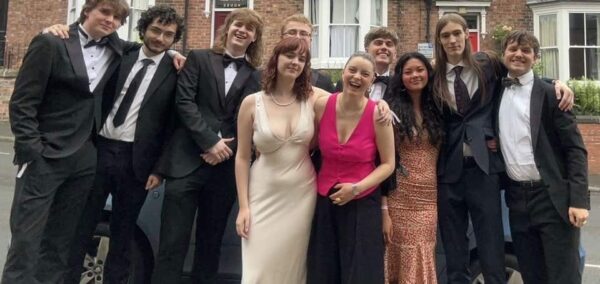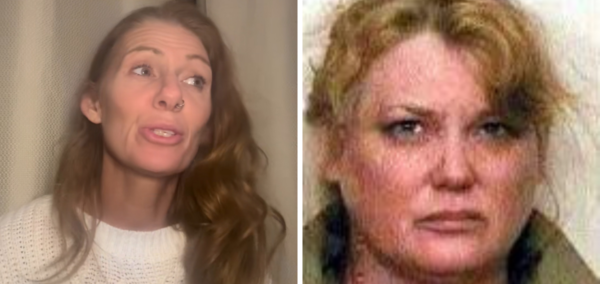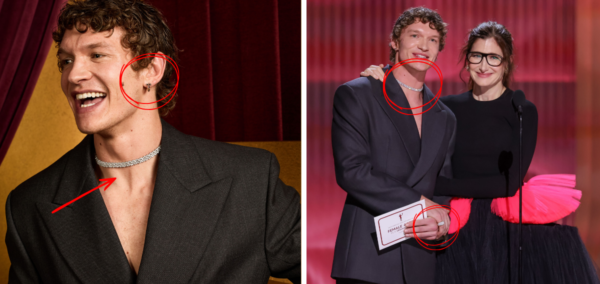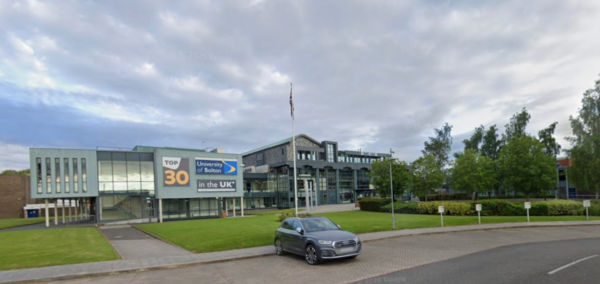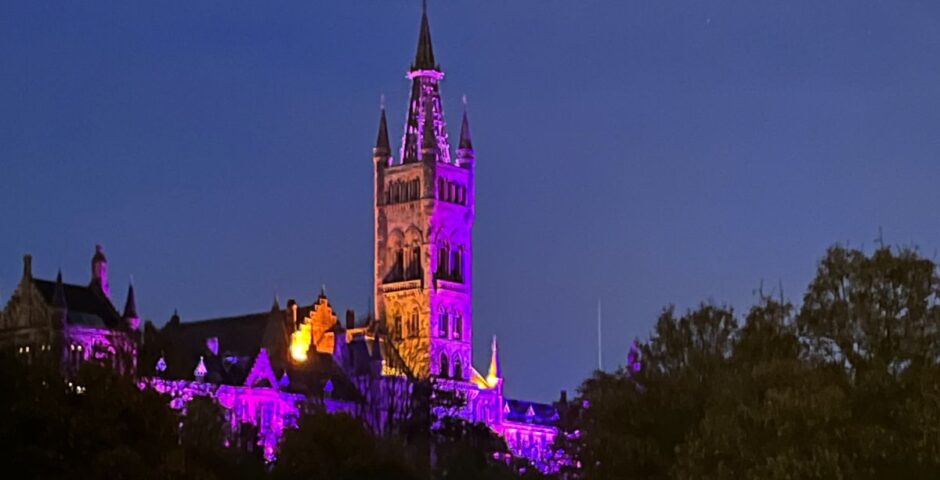
Jewish academics in Glasgow speak out amid rising antisemitism on UK campuses
One academic says it is ‘difficult to be openly Jewish’
In Glasgow, tensions have risen sharply in recent months across several universities. Activists from the Glasgow University Justice for Palestine Society (GUJPS) recently launched the Gaza Guardian, a magazine urging readers to “join the student intifada” and published an article titled “The necessity of armed resistance” against Israel.
The publication also commemorated October 7th 2023 — the date of Hamas’ attacks in Israel — as “the glorious Al-Aqsa Flood,” sparking alarm among Jewish staff and students.
One senior academic at Glasgow University told The Telegraph it’s increasingly difficult to be openly Jewish on campus, particularly because of GUJPS’ activities. “When people are holding placards and shouting ‘Zionists off our campus,’ you can’t help but feel they mean you. While I do have some sympathy for the administration, given how difficult this is to manage, for many of us it is clearly anti-Semitism.
“It shouldn’t simply be accepted that our Jewish students need security just to hold a bagel lunch.”
A Jewish engineering professor at the University of Glasgow, who requested anonymity due to security reasons, told The Glasgow Tab they question whether to hide physical markers of their Jewish identity to avoid being targeted. “Every day, I debate whether to take off my Magen David necklace before I step onto campus. That level of self-censorship should not be normal in a so-called inclusive academic community.”
The university has since issued a public condemnation of posts from the unaffiliated GUJPS group and ordered them to remove inflammatory content from social media.
A University of Glasgow spokesperson said: “We will do everything we can to ensure that all members of the community are protected and will not hesitate to take action against identified individuals who break the Student Code of Conduct.”
GUJPS has not yet responded to a request for comment.
There have been reports of rising antisemitism across Glasgow’s universities
View this post on Instagram
Concerns are not limited to the university’s historic Gilmorehill campus. At Strathclyde University, Jewish students have reported being targeted online after raising concerns about messaging shared by campus groups, with one student telling The Glasgow Tab: “I’m scared of walking past the library if they’re tabling outside — they shout ‘shame’ if you don’t take a leaflet.”
The University of Strathclyde has not yet responded to a request for comment.
Glasgow Caledonian University (GCU) has also seen heated debate, with student-led protests featuring chants such as “From the river to the sea, Palestine will be free”. This is a phrase with very conflicting interpretations, and is viewed by many Jewish people to be synonymous with calls for the elimination of Israel.
Jewish students at the university said that emails to university leadership about their safety concerns have largely gone unanswered.
“We’ve raised our concerns repeatedly, but there’s been no real response. It’s frightening to feel like our safety isn’t being taken seriously,” said a second year nursing student at GCU to The Tab Glasgow.
A Jewish staff member at GCU who requested anonymity, told The Glasgow Tab: “Inclusivity can’t just be a slogan.
“Until university leaders acknowledge what’s happening — and act like they mean it — Jewish staff and students will continue to feel unseen, unheard, and unsafe.”
A GCU spokesperson said: “Glasgow Caledonian University utterly rejects antisemitism, condemns all forms of discrimination, and strongly encourages all our students and staff to report any instance of antisemitism or discrimination immediately, so it can be investigated and acted upon appropriately. We are committed to ensuring that our campuses are safe, inclusive environments”
Across Glasgow’s three major universities, Jewish staff say they feel caught between silence from administrators and hostility from activist groups. “There is a debilitating fear,” said a Jewish lecturer who works across multiple Glasgow campuses and requested anonymity. “Many Jewish academics are keeping their heads down, just waiting for the term to end.”
Similar scenes have played out elsewhere across the UK
View this post on Instagram
Protests reached a fever pitch at the London School of Economics (LSE) last month, when around 100 masked students gathered outside a planned lecture by Israeli academic Ruth Halperin-Kaddari, chanting “Zionists off our campus.”
The event focused on sexual violence in the context of war, and discussed the Hamas-led attack on Israel on 7th October 2023, amongst other instances of sexual violence in conflicts.
An “emergency rally” was organised online within hours of the venue being announced, and the university’s Feminist Society also joined calls to disrupt it.
A LSE spokesperson said: “LSE is committed to creating a learning and working environment where all our students and staff can achieve their full potential. We closely monitor the effectiveness of our policies and practices to tackle or prevent any discrimination or harassment, including discrimination based on religion and belief.”
LSE’s Feminist Society has not yet responded to a request for comment.
The protests continue even after a ceasefire between Israel and Hamas was announced on Friday 10th October 2025. At City, University of London, economics professor Michael Ben-Gad was recently accused of terrorism by student activists citing his military service in the IDF, a conscript force, and was reportedly threatened with beheading after demonstrators stormed his lecture.
City, University of London, has not yet responded to a request for comment.
Samuel Williams, a final-year politics, philosophy, and economics student at Oxford, was arrested in September for allegedly inciting racial hatred after shouting “Put the Zios in the ground.” This was a phrase later adopted in promotional material by student groups at Leeds, Cardiff, and Queen Mary University; in some cases, the message was accompanied by images of guns.
A spokesperson at the University of Oxford told The Glasgow Tab: “There is no place for antisemitism, harassment, or discrimination within our community. We remain firmly committed to protecting the safety and dignity of all our students and staff. We have clear policies spelling out there is no place for unlawful discrimination of any kind here, and are committed to ensuring that all students feel safe, included and free to express lawful views.
“We investigate all formal complaints made about harassment or discrimination at the university and have taken steps to urge Jewish students in particular to report such incidents when they occur.”
Universities UK has called the rise in antisemitic incidents ‘deeply concerning’
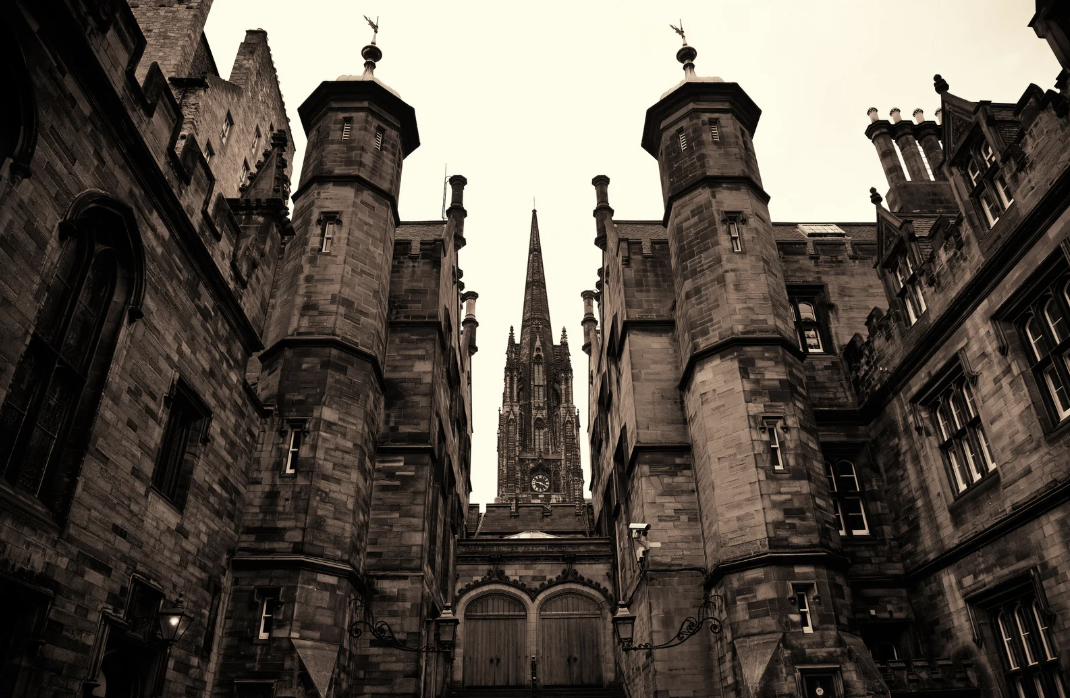
The University of Edinburgh via Canva
A statement from Universities UK ahead of the anniversary of the October 7th attack underlined how “deeply concerning” the rise in antisemitic incidents has been over the last two years.
Vivienne Stern MBE, chief executive, highlighted the need for universities to maintain close contact with Jewish student groups, publicise reporting mechanisms, and review security arrangements – particularly in light of past demonstrations planned to coincide with the October 7th Hamas-led attack.
She also noted that “while universities must be places where contentious views can be expressed, and while universities have a legal duty to uphold free speech,” students and staff must remember that supporting a terrorist organisation is a criminal offence.
One Jewish academic said the climate of hostility is reminiscent of past persecution. An Israeli lecturer at Newcastle University, who wished to remain anonymous due to safety concerns, said: “My grandparents were Holocaust survivors, and I feel an element of what they must have felt — that antisemitism has become normalised.” “The people I would turn to for safety are the ones I feel most in danger from,” they added.
Newcastle University insisted it “will not tolerate harassment or abuse, and where individuals are identified as having breached our policies or codes of conduct, we will take appropriate action in line with our disciplinary procedures.”
Data from Community Security Trust (CST) shows that 3,528 antisemitic incidents were recorded on UK campuses across the UK in 2024, which is the second-highest annual total ever reported to CST.
Some academics say they have faced institutional exclusion in more subtle forms. Professor Hannah Holtschneider, a Jewish studies scholar at the University of Edinburgh, said Jewish holidays are regularly omitted from diversity communications: “I was told that Jews could only be mentioned when marking a festival that makes no reference to the land of Israel — which leaves, essentially, one minor festival. They claim to be inclusive, but not when it comes to Jews.”
The Department for Education said it is investing £7 million to tackle antisemitism on campuses, including 600 training sessions to help university staff identify and respond to harassment. But many Jewish staff and students say that official action has been too slow — and too muted — to counter the message being sent by emboldened protest groups.
For some Jewish academics and students, a sense of abandonment is compounded by a feeling that universities are waiting for the news cycle to move on rather than taking appropriate measures to address the growing hostility.
Professor Rosa Freedman, an academic at the University of Reading, said: “There is silence because there is fear – no one wants to be the next target of this horror mob.”
The University of Reading has not yet responded to a request for comment.





